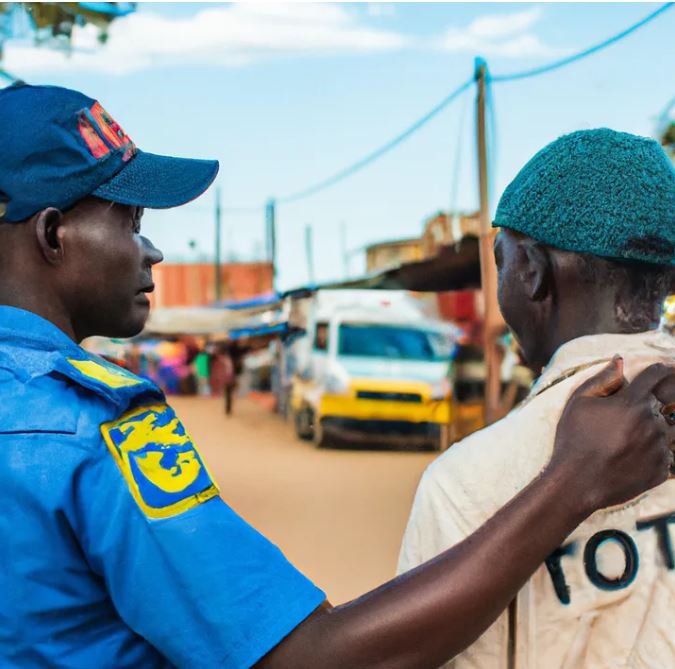Building trust, confidence, and communication between Citizens and Police.
The strained relationship between police officers and citizens has become a major issue in recent years. Incidents of the use of excessive force have led to public protests and call for police reform. It is more important now than ever before to build trust, confidence, and communication between police and citizens. In this article, we will explore some modern ways of achieving these goals, with a focus on digital police technology.
One effective approach to policing is community policing. This proactive approach focuses on building relationships between police officers and community members. By working closely with residents to identify and solve problems in the community, officers are viewed as partners in the community rather than outsiders. This approach fosters trust and communication between police officers and citizens, which is essential for effective policing.
Diversity and inclusion training is another way to build trust and confidence between police officers and citizens. This type of training can help officers better understand the communities they serve by teaching them about the history and culture of different communities. Effective communication with people from different backgrounds can also be taught in this training. By understanding and respecting the diversity of communities, officers can build trust and respect from citizens.
Social media has emerged as a powerful tool for police departments to communicate with citizens. By sharing information about community events, crime prevention tips, and other relevant information, police departments can engage with citizens more effectively. Social media can also be used to humanize police officers by sharing personal stories and experiences with the community. By doing so, officers can build a more positive image in the eyes of the community.
In addition to these strategies, the use of digital police technology has become increasingly important in building trust and communication between police officers and citizens. Mobile applications are an excellent tool for providing citizens with instant access to police services and information. They can report crimes or suspicious activity, request non-emergency services, and receive alerts and updates from the police department, all at their fingertips. By having access to these services, citizens feel more connected and informed about police activities in their community.
Data analytics can play a crucial role in building trust and confidence between police officers and citizens. Data analytics can be used to identify patterns and trends in crime, allowing police officers to allocate resources more effectively and efficiently. This information can also be used to identify areas where police departments may need to improve communication and engagement with the community. By identifying these areas, police officers can work towards building better relationships with citizens.
Real-time communication systems such as social media and messaging apps can also be used to improve communication and build trust between police officers and citizens. During emergencies or other critical situations, messaging apps can be used to send alerts and updates to citizens. Social media can also be used to build relationships between police officers and citizens by sharing positive stories and highlighting community events and initiatives.
Incorporating digital police technology, Virtual Police Station, into community policing strategies can help police departments build stronger relationships with the communities they serve. By using digital tools and platforms, police officers can communicate more effectively with citizens, provide faster and more efficient services, and gain insights into community needs and concerns. As police departments continue to implement digital police technology, they can work towards building more trust, confidence, and communication with the communities they serve.
